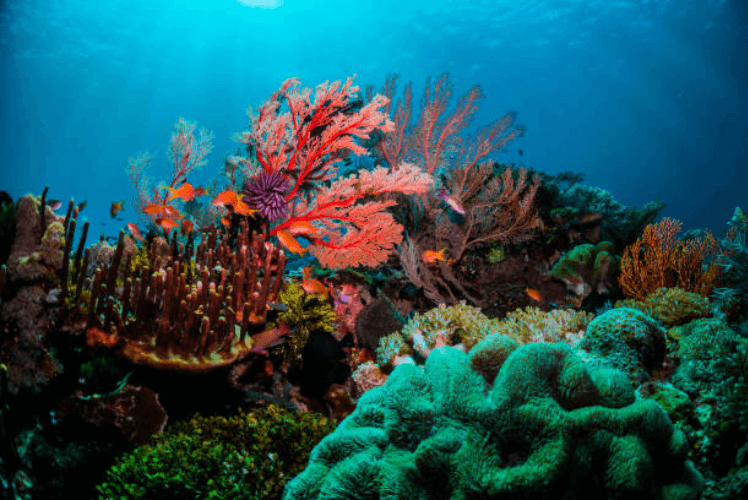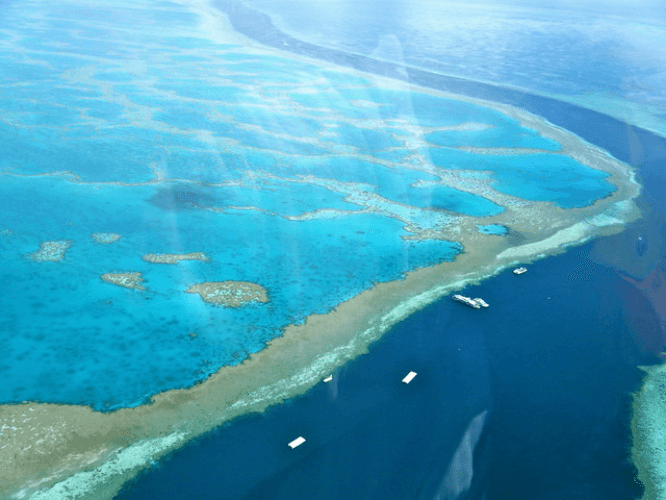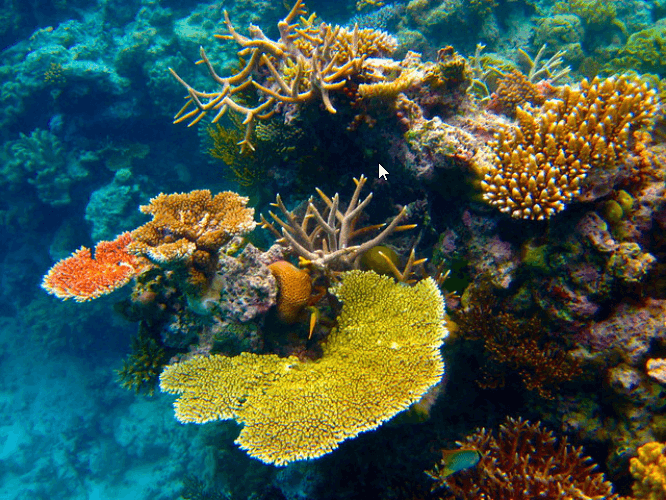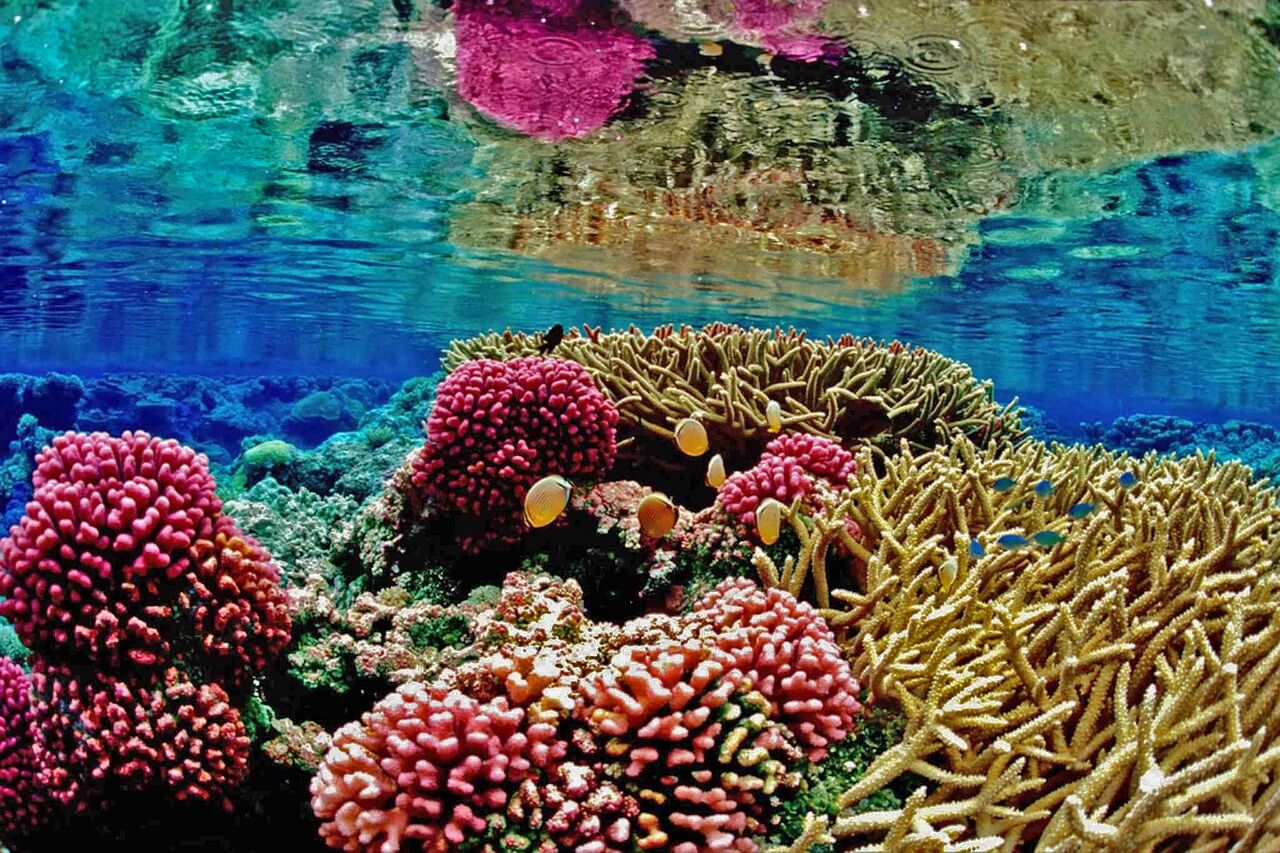Coral reefs are vital to marine life, providing a home and shelter to millions of sea creatures. But these colourful underwater ecosystems are in trouble. Scientists say that coral reefs around the world are dying at an alarming rate, due to climate change, pollution and other human activities.

If we don’t take action to protect coral reefs, we could see these important ecosystems disappear completely within our lifetime. This would be a devastating loss, not just for the animals that rely on coral reefs for their survival, but for humans too.
Coral reefs are a major source of food and income for coastal communities around the world. They also help to protect our coasts from storms and erosion. Losing coral reefs would be a huge blow to the environment and to the economies of many countries.
The Great Barrier Reef: an example of a dying coral reef
Coral reefs are one of the most threatened ecosystems on Earth. The Great Barrier Reef, the world’s largest coral reef system, is no exception. In the past three decades, the Great Barrier Reef has lost more than half of its coral cover. Scientists say that this trend is likely to continue as climate change and other human activities put increasing pressure on reefs around the world.

The loss of coral cover on the Great Barrier Reef is a major blow to the ecosystem. Coral reefs provide critical habitat for a wide variety of marine life. They also play an important role in global climate regulation and help to protect coastlines from storms and erosion. The decline of coral reefs could have far-reaching consequences for both people and wildlife.
The causes of coral reef death
Coral reefs around the world are dying at an alarming rate. Scientists say that there are many causes of coral reef death, including climate change, pollution, and overfishing.
Climate change is one of the biggest threats to coral reefs. As the ocean gets warmer, coral bleaching becomes more common. Coral bleaching occurs when the water is too warm for the coral, causing it to turn white and eventually die.
Pollution is another major cause of coral reef death. When pollutants enter the ocean, they can damage or kill corals. sewage, chemicals from agriculture, and oil spills are all types of pollution that can harm corals.
Overfishing is also a problem for coral reefs. When fish are overfished, they no longer have enough to eat and can start eating coral. This can damage or kill the coral reefs.
The impact of coral reef death
Coral reefs provide a home for a wide variety of marine life and play an important role in the food chain. If corals are killed, other animals that rely on the reef for food or shelter will also die. Without coral reefs, many animals will have to find new homes, which can be difficult. It can take a long time for a reef to recover from damage or death.
They also provide protection for coastlines from storms and waves. The loss of coral reefs would therefore have a significant impact on the marine environment.
What can be done to save coral reefs?
Coral reefs are one of the most biodiverse ecosystems on Earth. They provide a home for 25% of all marine life and are vital to the health of the planet. However, coral reefs are in danger of dying due to the effects of climate change.

There are several things that can be done to save coral reefs. One is to reduce greenhouse gas emissions. This can be done by using less fossil fuels, planting trees, and eating less meat. Another way to help is to support organizations that are working to protect coral reefs.
You can also help by making responsible choices when you travel. Be sure to only purchase souvenirs made from sustainable materials and avoid activities that could damage the reef. Finally, you can raise awareness about the importance of coral reefs and the threats they face.
